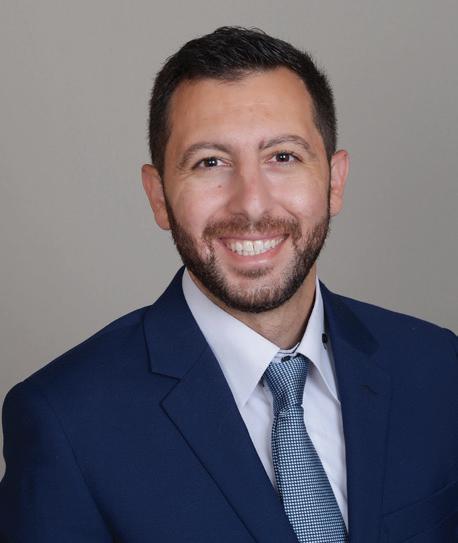
1 minute read
KIMBERLY MEDINA RIOS
Arizona State University
Kmedinarios@arizona.edu
Advertisement
Kimberly Medina Rios, born in Culiacan, Sinaloa, Mexico, and raised in Phoenix, Arizona, is a dedicated first-generation honors student at Arizona State University. She is currently in her fourth year of studying Biological Sciences and Global Health. Having observed the impact of limited healthcare access on her hometown community, Kimberly has developed a passion for addressing health disparities in underrepresented populations. She actively participates in multiple community projects in Maryvale, Arizona, a predominantly Hispanic village.
As a College Peer Advisor for Arizona State University, Kimberly actively engages with high school students in Maryvale, Arizona, guiding them in the development of professional skills and empowering them to lead a community youth project. Additionally, she remains dedicated to an ongoing research initiative called “Photovoice,” utilizing visual media, podcasts, and public speaking to amplify the voices of youth on critical social issues prevalent in her community. These issues encompass health disparities, colorism, and the concept of “machismo” in the Hispanic community.
Kimberly’s future plans involve pursuing a Masters in Physician Assistant Studies upon graduation, with the goal of making a meaningful contribution to healthcare.
⊲ PROJECT
A survey of barriers to transitional care for the uninsured in Phoenix, Arizona.
Kimberly Medina Rios conducted the FRONTERA/BLASIER Internship research project under the guidance and mentorship of Kareem Raad, MD, MPH. The project aimed to thoroughly investigate the follow-up appointment process at primary care clinics in West Phoenix, with a specific focus on understanding the challenges faced by uninsured patients when scheduling follow-up appointments after leaving the hospital.
The research involved conducting informative phone interviews with local primary care clinics, particularly during the crucial “transitional care” period immediately following hospital discharge. To ensure consistent and reliable data collection, a structured phone script was used during the interviews. Key areas explored included the financial impact on patients, the availability of appointments shortly after hospitalization, and any prioritization systems in place for hospital follow-ups.





